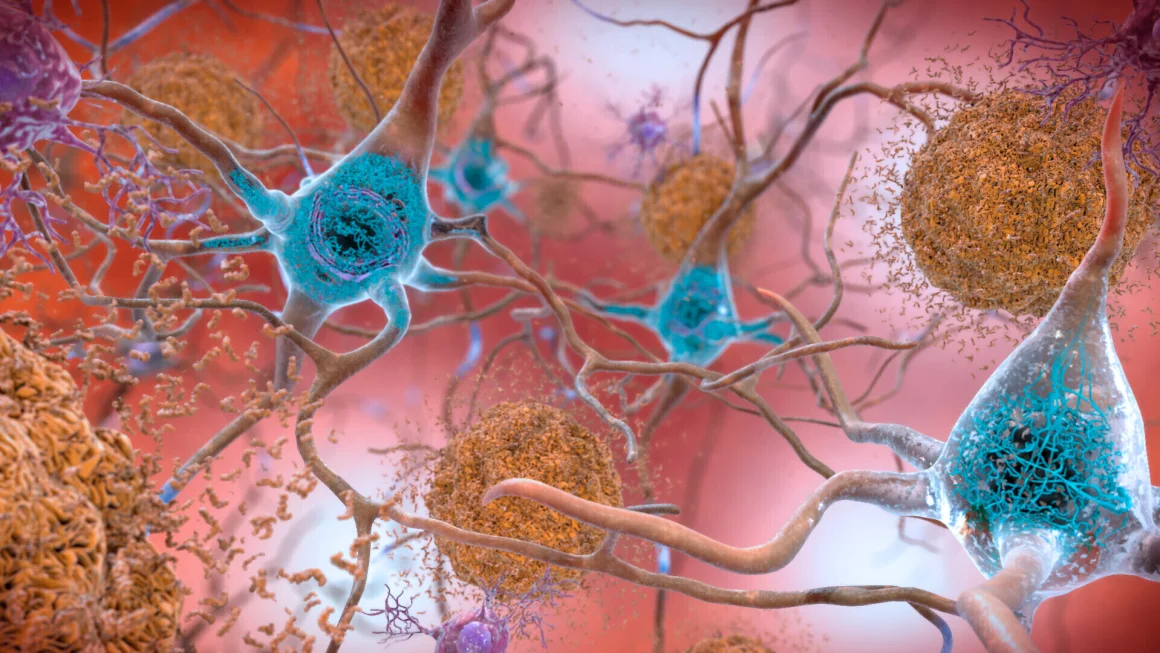
A new study suggests that insufficient deep sleep could accelerate the brain changes associated with Alzheimer’s disease. Specifically, inadequate slow-wave and rapid eye movement (REM) sleep might contribute to the shrinkage of brain regions linked to cognitive decline.
According to Gawon Cho, the study’s lead author and a postdoctoral researcher at Yale School of Medicine, disruptions in deep sleep seem to cause the shrinkage of the inferior parietal region of the brain. This area is involved in processing sensory information, including spatial awareness, and is often one of the first to show signs of neurodegeneration in Alzheimer’s.
Dr. Richard Issacson, a neurologist specializing in Alzheimer’s prevention, supports the study’s conclusions, citing his own clinical observations. He notes that sleep patterns, particularly deep sleep, can be a predictor of cognitive function, reinforcing the connection between sleep quality and brain health.
What Happens During Deep Sleep?
During deep sleep, the brain engages in crucial processes such as removing toxins and repairing cells, preparing the body for the next day. REM sleep, which occurs later in the night, plays a key role in memory consolidation, emotional processing, and learning. Given these restorative functions, it’s clear why both deep and REM sleep are vital for mental and physical health.
While most adults need about seven to eight hours of sleep for optimal health, more than one-third of American adults fail to meet this requirement, according to the Centers for Disease Control and Prevention. Experts recommend that adults spend roughly 20% to 25% of their sleep in deep sleep, with similar proportions dedicated to REM sleep. As people age, the amount of time spent in these deeper stages tends to decrease.
How to Improve Deep Sleep
Deep sleep usually occurs shortly after falling asleep, while REM sleep takes place later in the night. If you go to bed late and wake up early, you’re likely missing out on valuable time in these stages.
Dr. Issacson advises that the more time you spend in bed, the better your chances of getting sufficient deep and REM sleep. However, simply lying in bed for longer isn’t enough—you need uninterrupted, restful sleep. Research from February 2023 suggests that maintaining good sleep habits can significantly increase life expectancy, adding almost five years for men and nearly 2.5 years for women.
To achieve restorative sleep, experts recommend avoiding disruptions like waking up during the night or struggling to fall asleep more than twice a week. Feeling refreshed at least five mornings a week is also a key indicator of healthy sleep. Additionally, sleep medications should be avoided, as they can interfere with natural sleep cycles.
Improving Your Sleep with Good Habits
The good news is that you can improve your sleep by adopting healthy habits, known as “sleep hygiene.” Going to bed and waking up at the same time every day—weekends included—can help regulate your sleep cycle. Creating an optimal sleep environment is also crucial: keep the room dark, cool, and quiet, and consider using a sound machine if needed.
Avoid alcohol before bed, as it may initially help you fall asleep but disrupts sleep later when your body metabolizes it. Establishing a calming pre-sleep routine—such as limiting screen time, practicing relaxation techniques like meditation or yoga, or taking a warm bath—can also promote better sleep.
Cho emphasizes that improving sleep quality is ultimately a personal responsibility. “There’s no magic pill to fix your sleep,” he says. By committing to healthy sleep practices, you can help safeguard your brain health and reduce the risk of Alzheimer’s.










